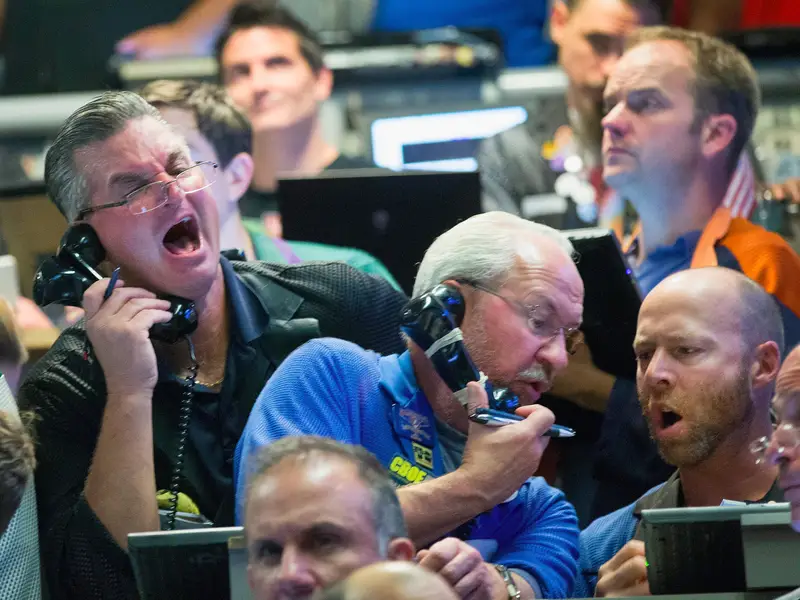
Businessicy – Global stock traders are grappling with a challenging decision following a significant market selloff that has impacted equity markets worldwide. This sharp decline has complicated the investment strategy for those considering buying stocks at lower prices. As concerns about the U.S. economy and disappointing earnings reports from tech companies raise fears of further losses.
Last week, a two-day market downturn caused the S&P 500 index to drop nearly 6% from its peak in July. While the tech-heavy Nasdaq Composite experienced its first 10% correction from a record high since early 2022. Equities in Europe and Asia were also hit hard, with Japan’s Nikkei index falling almost 5% over the same period.
As the market faces another week of trading, investors are confronted with a dilemma. Historically, buying stocks during market dips has been beneficial, as evidenced by the S&P 500’s impressive 50% gain since its October 2022 low. However, the risk of a recession, heightened by recent troubling U.S. economic data, could lead to further declines. According to Truist Advisory Services, the S&P 500 has averaged a 29% drop during recessions since World War II.
“Apple Cuts iPhone Prices in India to Boost Market Share”
Additionally, Berkshire Hathaway’s recent earnings report might give potential investors pause. The investment conglomerate, led by the renowned Warren Buffett, sold approximately half of its stake in Apple and increased its cash reserves to $277 billion in the second quarter. This cash accumulation often signals Berkshire’s inability to find attractive investment opportunities at fair prices.
Mark Travis, a portfolio global stock manager at Intrepid Capital, noted that investors are reassessing their risk exposure. Also investment positioning amid concerns about high valuations. This year, the stock market has surged, driven by excitement over artificial intelligence and a favorable economic environment characterized by robust growth and easing inflation. However, recent developments have dampened risk appetite. Fears that the Federal Reserve’s delay in lowering interest rates might stifle economic growth have led investors to retreat from high-valued tech stocks and industrial shares. Seeking refuge in safer assets like U.S. government bonds.
“The Complete Information From Wikipedia About Stock Market”
